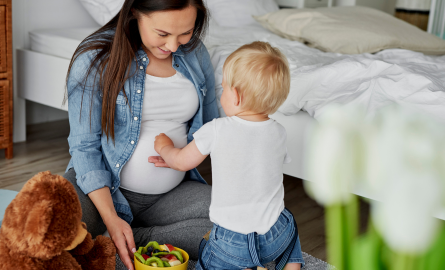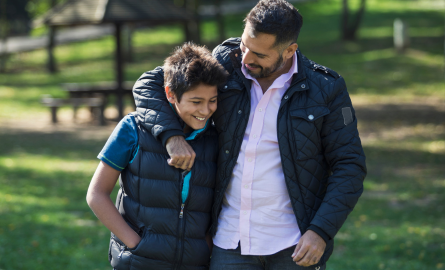Cannabis is a plant known for its psychoactive effects, which means it can affect the way you think, act, and feel. It contains more than 100 different chemicals called ‘cannabinoids’. The two best-known cannabinoids are:
- THC (delta-9-tetrahydrocannabinol), which causes the ‘high’.
- CBD (cannabidiol), which does not cause a ‘high’, and is used for medicinal purposes such as relieving pain, anxiety and other chronic conditions.
Cannabis affects every person differently depending on how much somebody consumes, what product they use, as well as the method used. Some common methods of cannabis use include inhaling (smoking or vaping), ingesting (eating edibles or drinking), and using cannabis infused topicals (hand creams and oils).
The effects felt can be pleasant, unpleasant, or medicinal. Early and frequent cannabis use can have long-term health effects and can increase the risk of chronic respiratory issues and psychosis in those with a family history.
Cannabis, just like any drug, can lead to mental health problems and addiction.
Recreational vs medicinal |
||||
Non-medical (Recreational) Cannabis
Cannabis use for non-medical purposes is defined as use for a range of non-medical reasons (such as, socially for enjoyment, pleasure, amusement or for spiritual, lifestyle, and other non-medical reasons). Medical CannabisCannabis use for medical purposes is defined as use to treat a disease/disorder or to improve symptoms associated with a disease/disorder. |
||||
If I choose to use cannabis, how do I reduce my risks? |
||||
|
Follow the Lower Risk Cannabis Use Guidelines to reduce the risks, including:
|
||||
Where can I go for help? |
||||
| If you are worried about yourself or someone you know, there are places that can help.
For adults:
For children and youth: |
||||
| Resources | ||||
|
Below is a list of materials from our campaign that are available for download. They can also be requested by emailing healthy.living@healthunit.ca.
|






_Page_1.jpg)